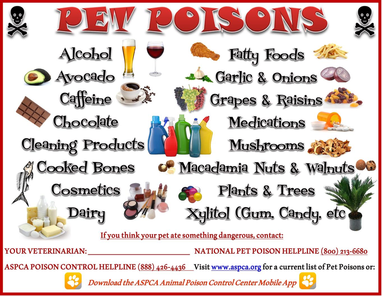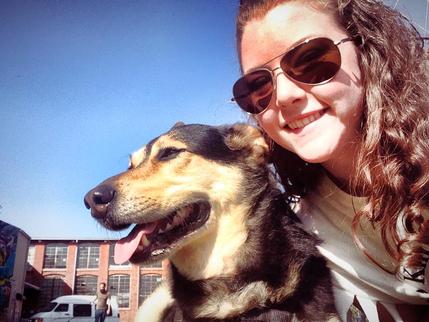 There are few things more tragic in our lives than loss of life. Whether we lose parents, siblings or friends, that loss can have a tremendous impact on how we see the world and on how we move forward as we find our “new normal.” For many of us, the loss of a beloved companion animal is no less tragic and in some cases we are affected more profoundly than we are by human losses. We love the people in our lives, but we just don’t spend as much time with them as we do with our pets. When a friend dies, we grieve. When a beloved dog or cat dies, we may be changed as people. This is not to compare the loss of people to the loss of pets. They are just different types of loss and much of that comes from the fact that we spend so much time together. Your dog or cat is there when you wake up and there when you go to sleep. You spend hours feeding them, engaging with them, playing with them and caring for them. You likely take them places and celebrate holidays and birthdays with them. They are there on your worst of days, accepting you just as you are without judgment. Our companion animals become as much a presence in our lives as is breathing. When we lose them, the reminders of that loss cannot be escaped. The places where we live seem extraordinarily quiet without them, even if they did not talk much. The place where their dishes were located or where they beds took up space are constant reminders of someone we love who is no longer there each and every day to comfort us, understand us, make us laugh and make us cry. Everyone who loves companion animals has suffered loss because there is no escaping it. If you are incredibly lucky, your beloved pet will pass in his or her sleep. If you are not so lucky, you have likely had to make what Marion Hale once called The Terrible Decision to have your pet euthanized to either end or prevent suffering. There are also occasions when animals get loose and are never found again, leaving questions for which there will never be answers. Regardless of how we part ways, our beloved dogs and cats simply do not live as long as we would like. We know that going in and we accept it anyway because the unconditional love they provide us is worth the eventual loss. Because of our relationships with our pets, and how losing them is so very tragic, I wanted to take an opportunity to let you know about Poison Prevention Awareness Month which is recognized in March of each year. Do you know what substances are toxic to your pet? If your pet was poisoned, do you know what you would do? There are a host of articles on the Internet on this topic that most of us don’t pay much attention to until we have to. In order to make sure we keep our companion animals as safe as possible, so they can live full and healthy lives, I encourage you to take the time to learn about which items and substances can either make your pets incredibly sick or may end their lives. Our time with them is too short already and we owe it to them to educate ourselves so we don’t inadvertently expose them to something which can hurt them and have them end up paying for our ignorance with their health or their lives. The graphic shown here is a good start. I hope you’ll save it somewhere so you can refer to it. I also recommend that you keep the following phone numbers handy in the event of a disaster: your veterinarian’s office number and emergency contact number (if one is available) the contact information for the emergency veterinary clinic near you; and The Pet Poison Helpline The Pet Poison Helpline is Pet Poison Helpline is a 24-hour animal poison control service available throughout the U.S., Canada, and the Caribbean for pet owners and veterinary professionals who require assistance with treating a potentially poisoned pet. They have the ability to help every poisoned pet, with all types of poisonings, 24 hours a day; their knowledge and expertise of pet poisons can put your mind at ease when dealing with a potential emergency. In order to provide this critical service, the Pet Poison Helpline charges a $49 per incident fee (payable by credit card) to cover the initial consultation as well as all follow-up calls associated with the management of the case. This link also contains information about poisonous plants and may be helpful to you. I hope you never have to get help for a pet who has been poisoned. If you do, I hope you are prepared with the information you need to be able to act quickly to save the life of someone you love. (images courtesy of Mary McClure, Vegas Animal 411 and Candace Camp)
0 Comments
Your comment will be posted after it is approved.
Leave a Reply. |
AuthorI am an animal welfare advocate. My goal is to help people understand some basic issues related to companion animals in America. Awareness leads to education leads to action leads to change. Archives
July 2024
Categories
All
image courtesy of Terrah Johnson
|


 RSS Feed
RSS Feed